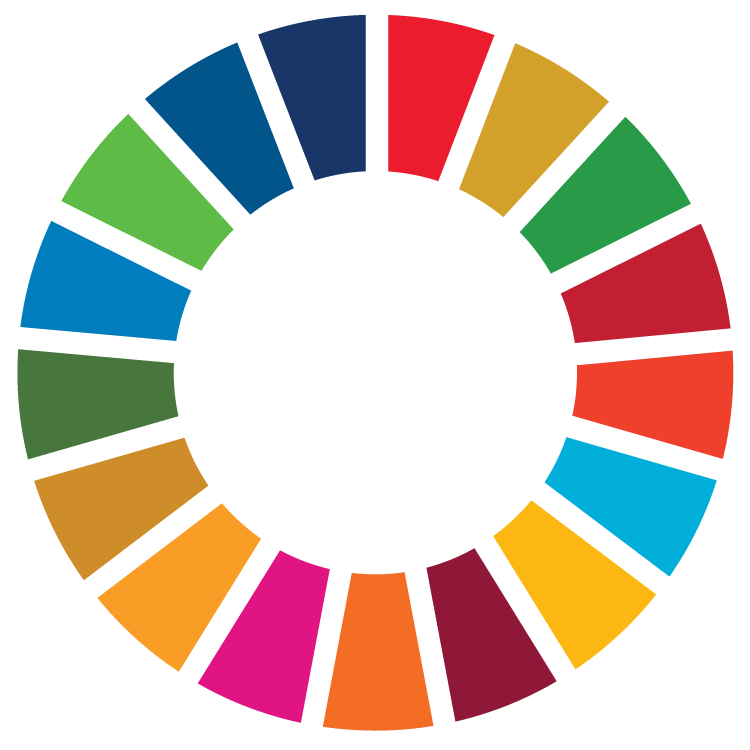
UN Sustainable
Development Goals
17 Goals to transform our world
The Sustainable Development Goals are a call for action by all
countries — poor, rich and middle-income — to promote prosperity
while protecting the planet.
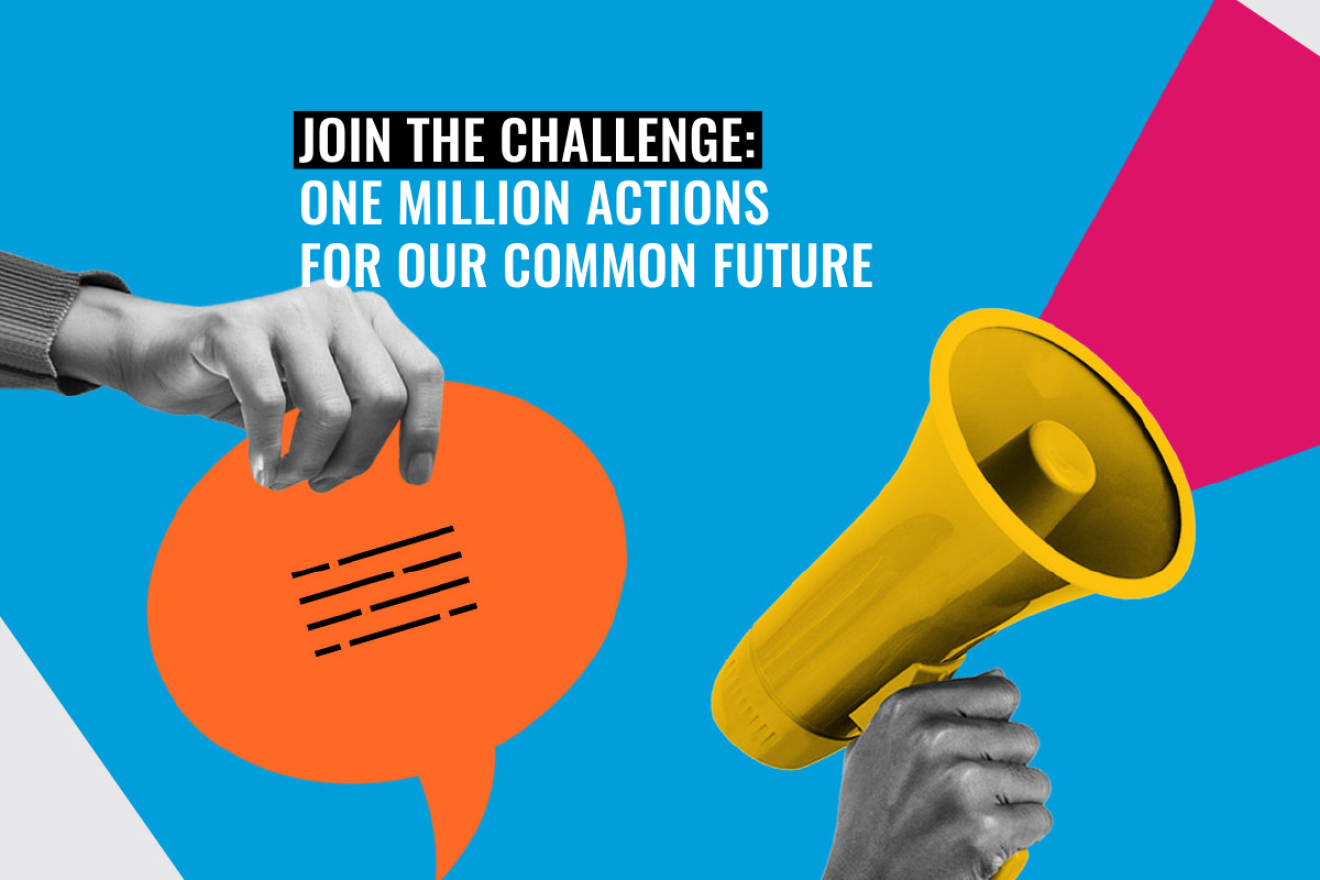
ActNow Campaign
ActNow is the UN campaign to inspire people to act for the Sustainable Development Goals (SDGs). In the lead up to the Summit of the Future, join the 1 Million Actions for our Common Future challenge to contribute to a more sustainable and peaceful world. Find new inspiring actions on the app and at un.org/actnow.

Student Resources on the SDGs
Learn more about the Sustainable Development Goals! On our student resources page you will find plenty of materials for young people and adults alike. Share with your family and friends to help achieve a better world for all.
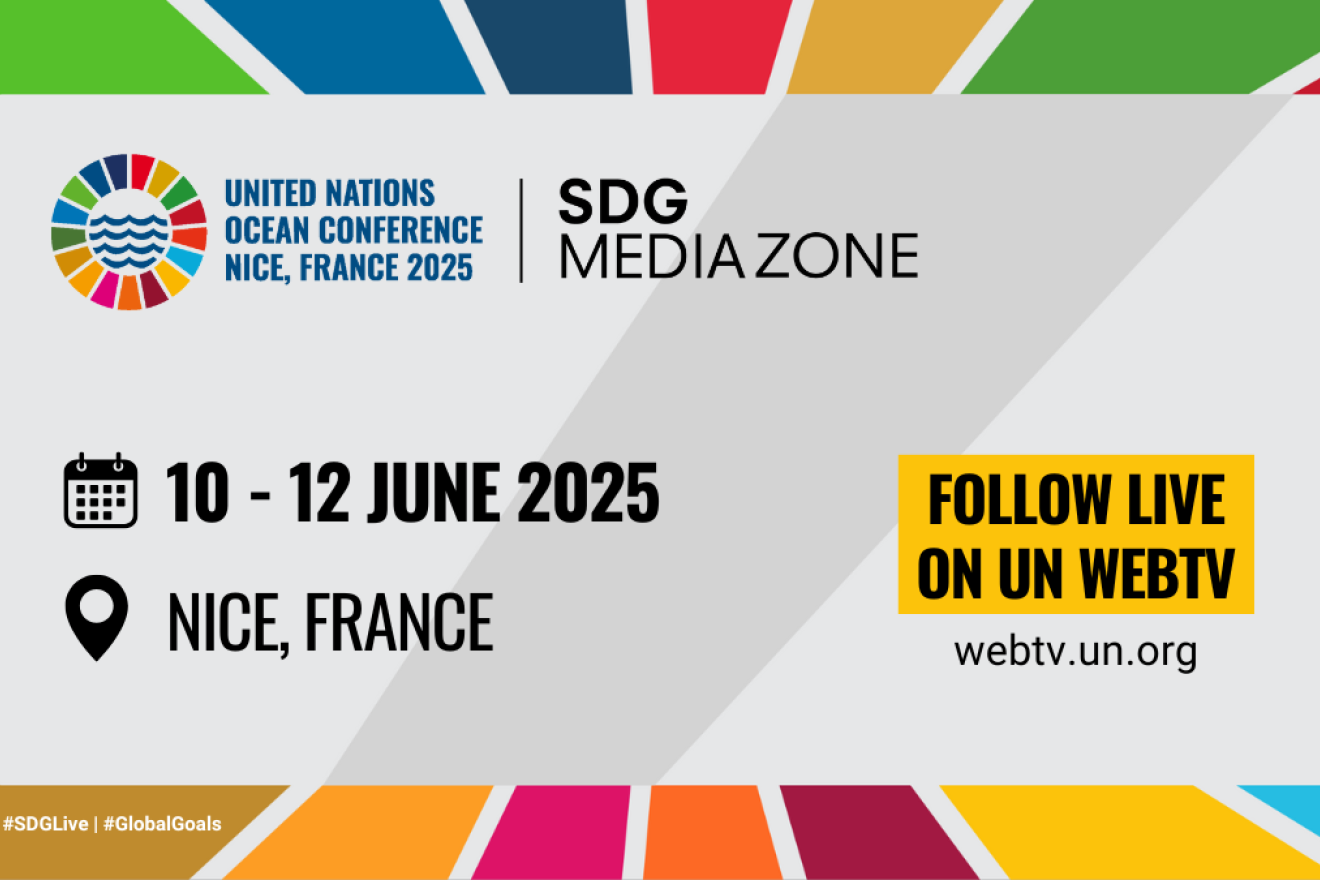
SDG Media Zone
Be part of the global conversation on ocean action and sustainable development at the UN Ocean Conference. From ocean science and biodiversity to pollution, maritime transport, and sustainable fishing, this pivotal event will spotlight the urgent solutions needed to achieve the SDGs. Don’t miss the SDG Media Zone, where global changemakers bring key issues to life through powerful interviews and thought-provoking discussions. Full programme
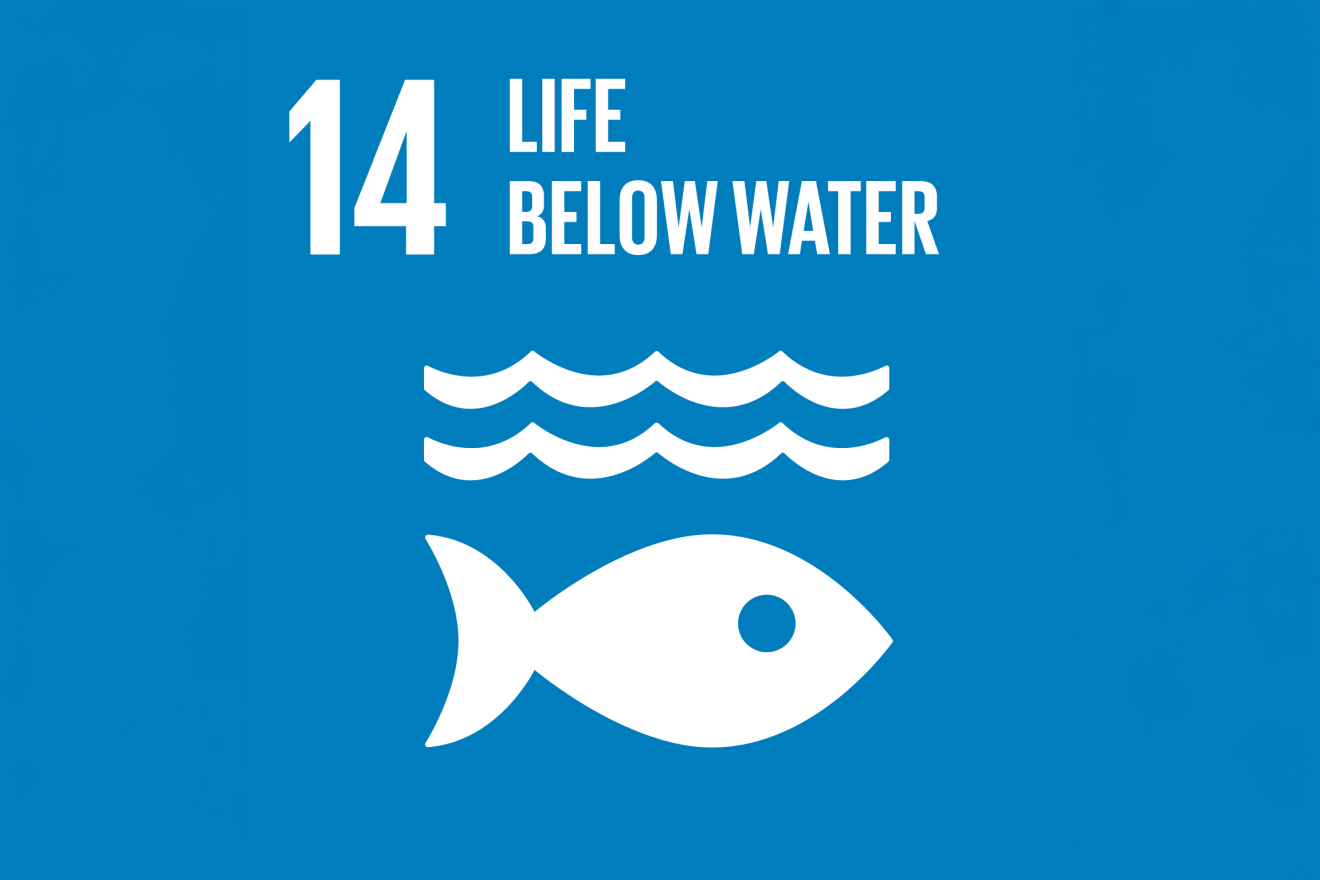
Goal of the month
Goal 14: Conserve and sustainably use the oceans, seas and marine resources
Healthy oceans and seas are essential to human existence and life on Earth.
More from the
United Nations
Featured stories from across the United Nations and our world-wide family
of agencies, funds, and programmes.
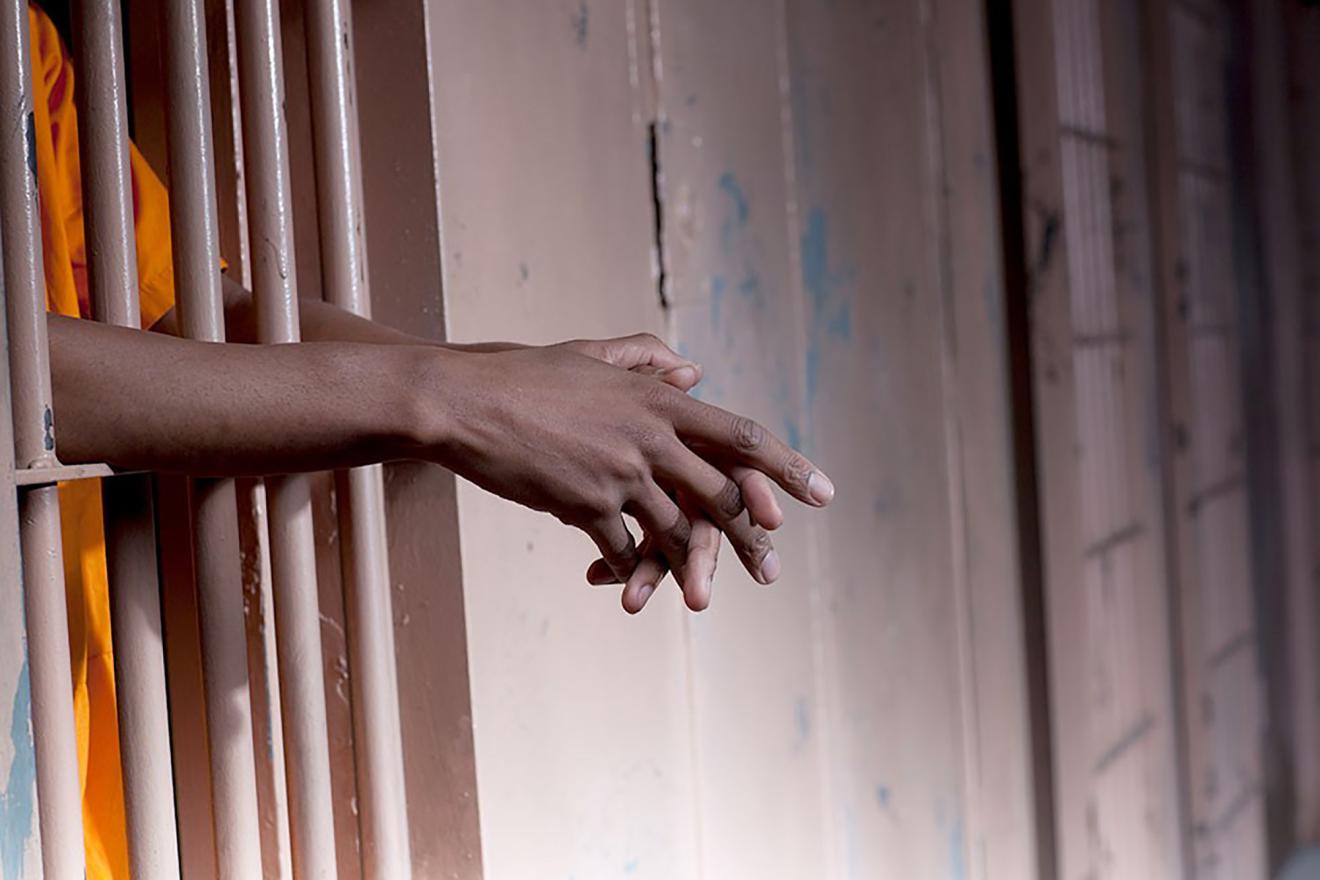
Human Rights, OHCHR
Tackling racism in criminal justice systems worldwide
Livia Sant’Anna Vaz, a Brazilian prosecutor of African descent, likens Brazil's prisons to the slave quarters of colonial times, highlighting the ongoing dehumanization of Black individuals within a predominantly white judicial system. According to UN Human Rights, systemic racism remains embedded in countries across the world, affecting each phase of criminal proceedings, from a Black person’s initial arrest, through prosecution, and trial, conviction, sentencing and on to implementation of sentence. This issue is under international scrutiny through the UN Expert Mechanism to Advance Racial Justice and Equality in Law Enforcement, which focuses on addressing systemic racism in policing and justice. Sant’Anna Vaz describes her experience as a Black woman in the justice system as one of exclusion, citing problems such as racial profiling, wrongful incarcerations, and inadequate legal support, which contribute to suffering and neglect in prisons.
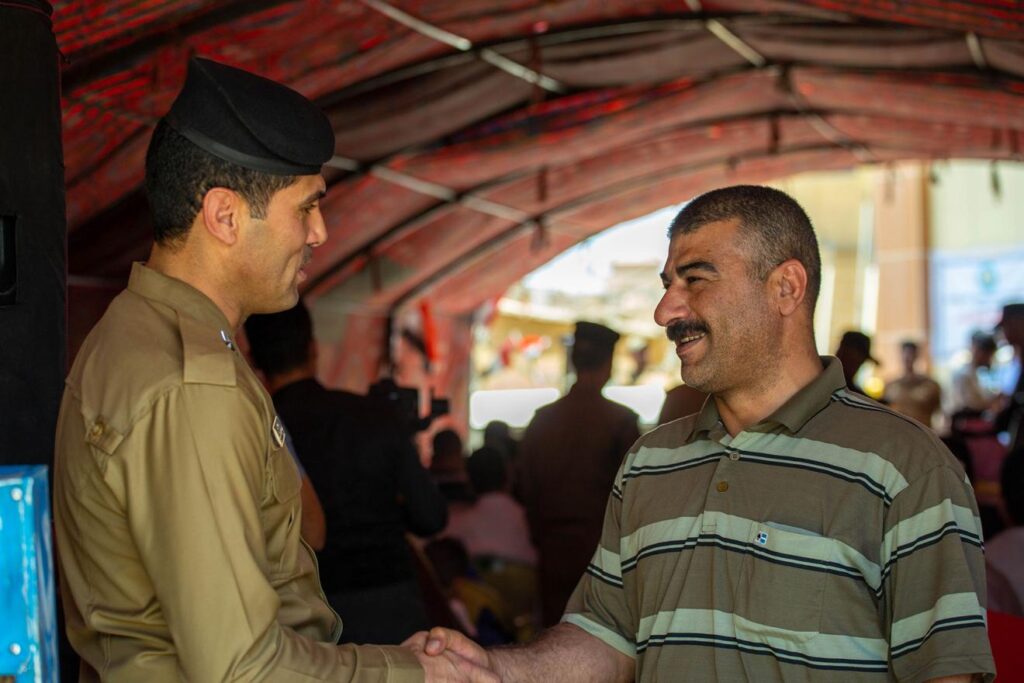
Social Development, UNDP
For development, we need security. For security, we need rule of law
Safety and security are essential for our daily lives, impacting our well-being, relationships, and opportunities. They are crucial for fostering progress, as individuals who feel secure are more likely to engage in education and community contributions. To create safe environments, it is important to enhance rights protection, deliver justice, and strengthen the rule of law. A strong, people-centered police force is vital for community security. Through its Global Programme on Rule of Law and Human Rights, the United Nations Development Programme (UNDP) supports police and security sector reforms in various countries, promoting community policing to rebuild trust between communities and law enforcement.
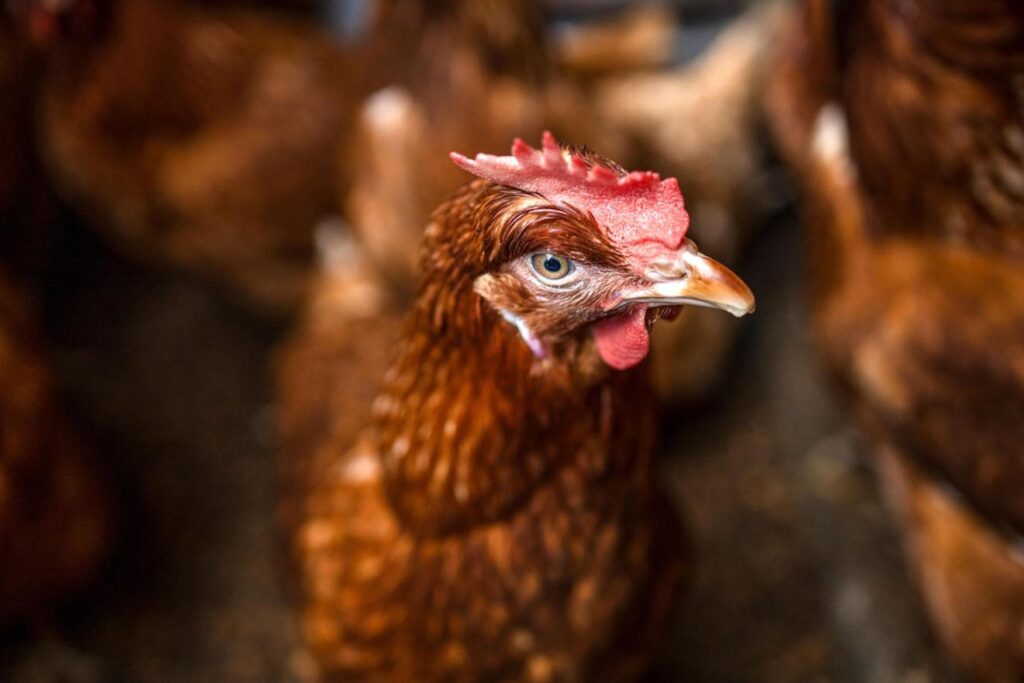
Health, FAO
Four reasons why avian influenza should be on your radar
If you thought it was just a problem for the birds, think again. Humans and animals have always been connected. Animals provide us with essential resources such as food, clothing, transport and livelihoods, as well as companionship, while supporting healthy ecosystems. With growing populations, urbanisation and increased global livestock production, we are now sharing more spaces than ever. This makes animal health critical—their well-being directly affects ours. Monitoring animal health and disease outbreaks helps save lives, prevent economic losses and stop the spread of diseases—whether they are epidemics or pandemics. Avian influenza is a serious threat to both human and animal health. Here are four things you need to know about avian influenza and how the Food and Agriculture Organization of the United Nations (FAO) is working to protect animals and humans.
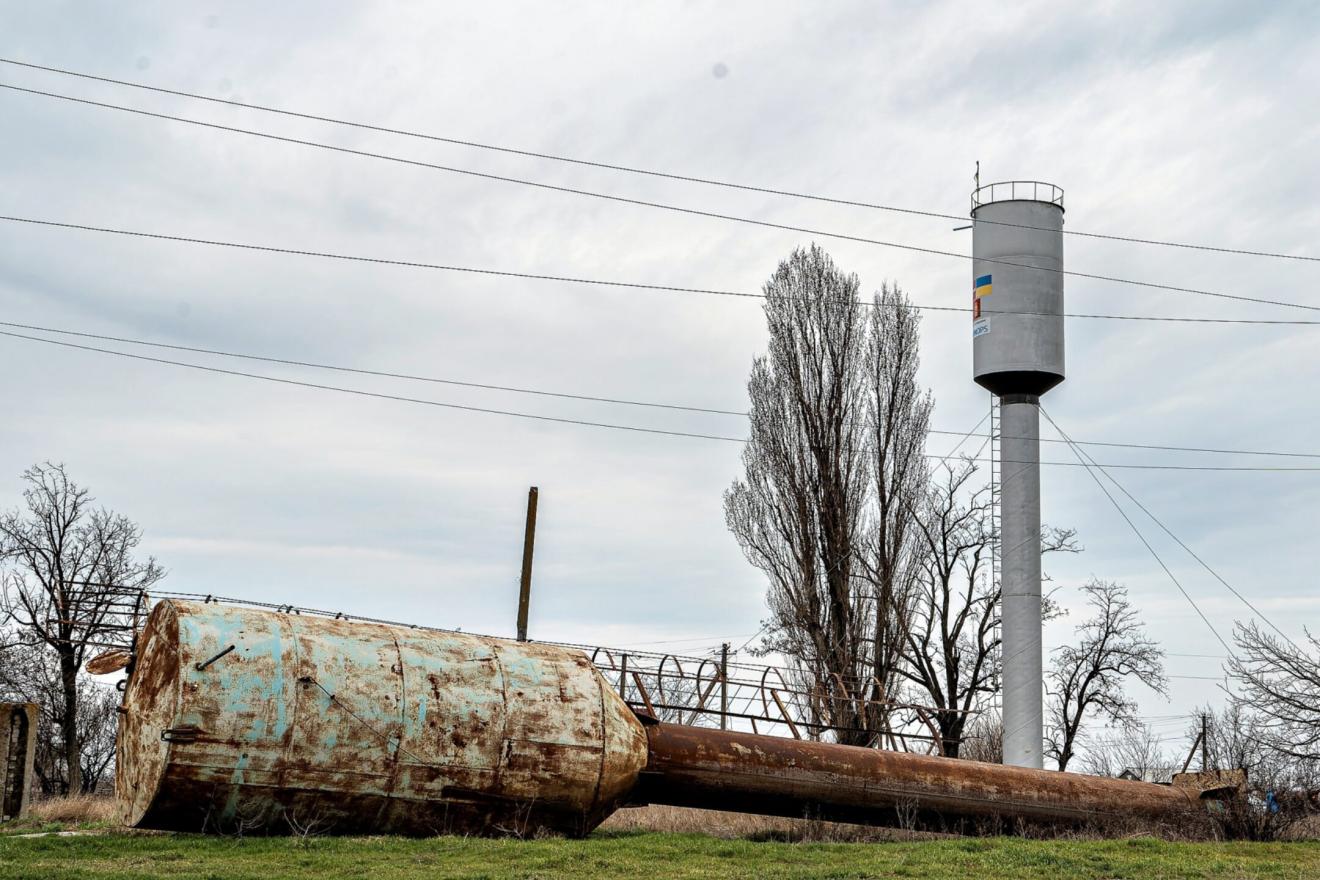
Rebuilding Ukraine
Through a partnership with Denmark, UNOPS has helped restore essential services in war-impacted Mykolaiv, Ukraine—delivering waste trucks, water towers, firefighting equipment, and buses to support local resilience and daily life.
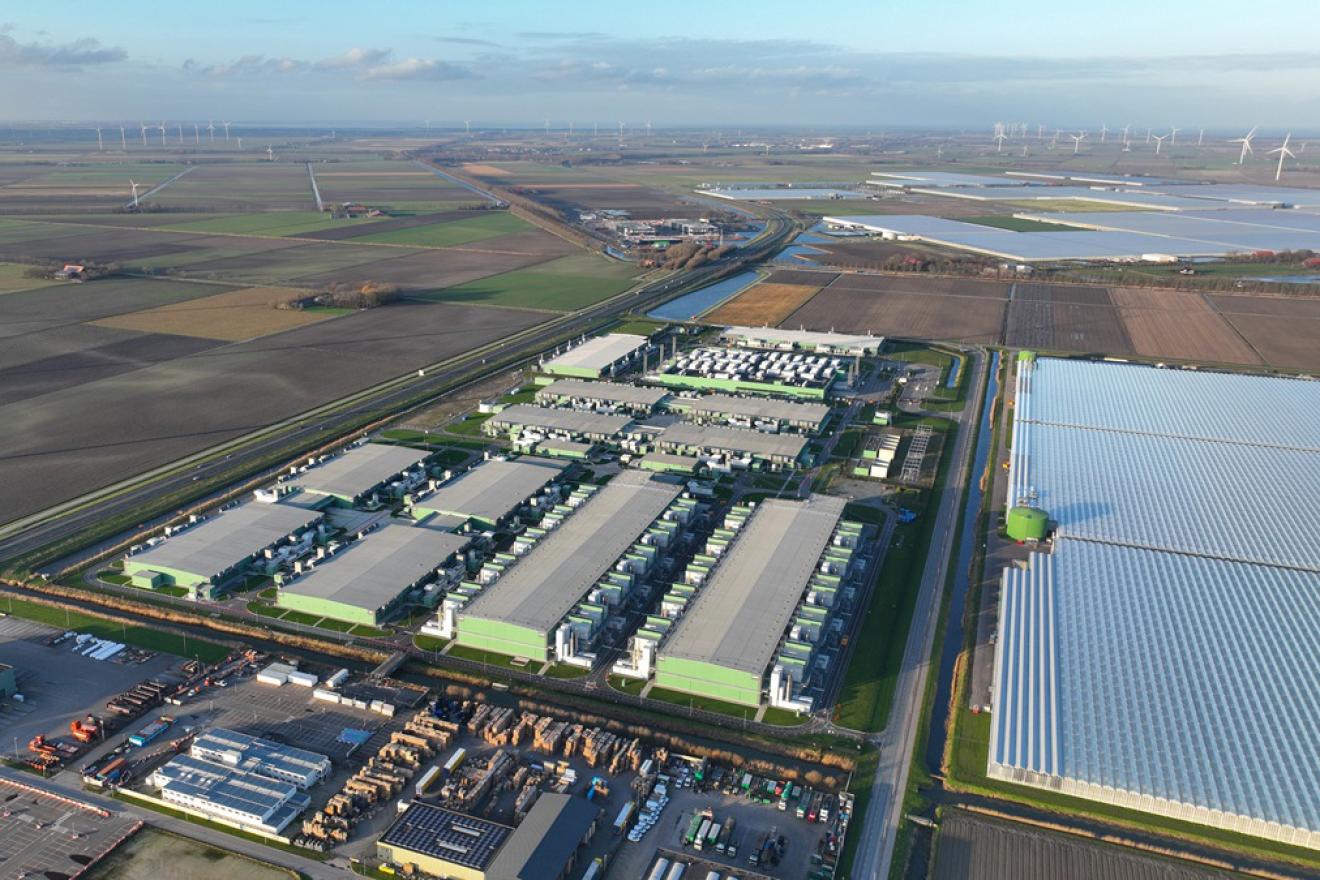
Global FDI decline deepens further
Despite a headline rise in 2024, UNCTAD warns that global FDI is in decline for the second year, exposing a widening disconnect between capital flows and development needs.
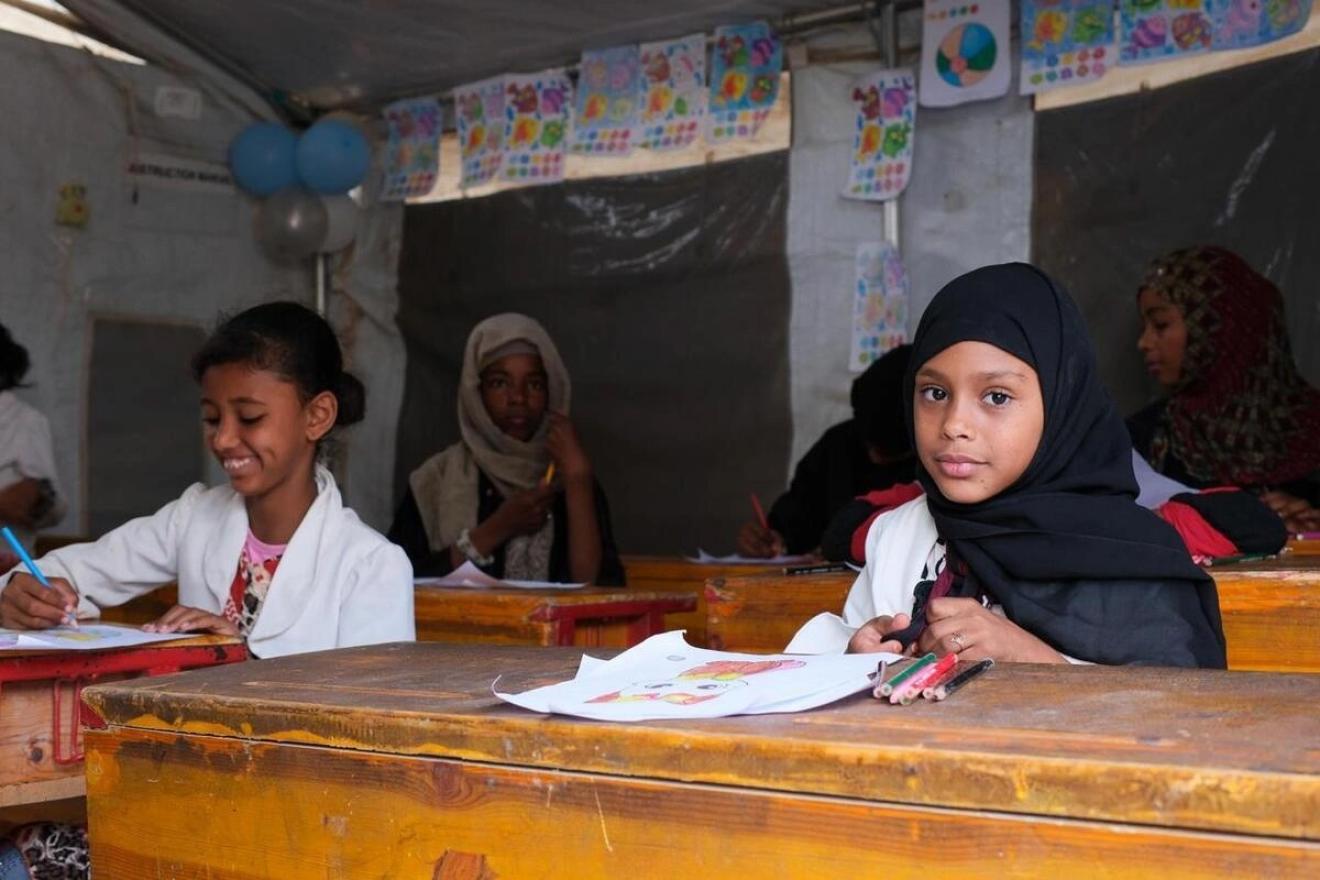
Hope returns slowly to Taiz
After years of war and displacement, UNHCR and partners are helping residents return to Taiz, where local resilience and international support are driving the city’s fragile recovery.

AI music growth sparks copyright debate
As generative AI transforms music creation, researchers and artists push for fairer systems to trace influence, license training data, and ensure musicians are compensated for their contributions.
What we do
Due to the powers vested in its Charter and its unique international character, the United Nations can take action on the issues confronting humanity in the 21st century, including:
- Maintain international peace and security
- Protect human rights
- Deliver humanitarian aid
- Promote sustainable development
- Uphold international law
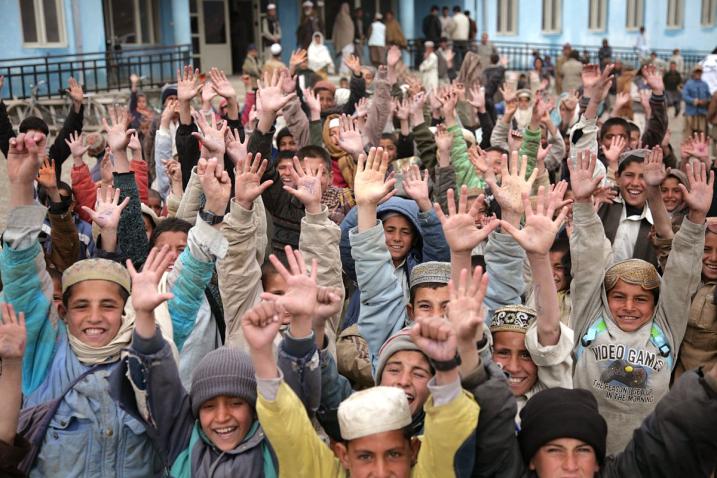

General Assembly
The General Assembly is the main deliberative, policymaking and representative organ of the UN. All 193 Member States of the UN are represented in the General Assembly, making it the only UN body with universal representation.

Security Council
The Security Council has primary responsibility, under the UN Charter, for the maintenance of international peace and security. It has 15 Members (5 permanent and 10 non-permanent members). Each Member has one vote. Under the Charter, all Member States are obligated to comply with Council decisions.
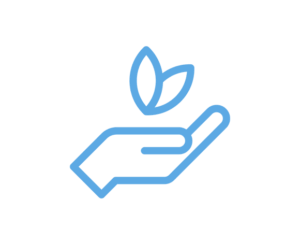
Security Council
The Security Council has primary responsibility, under the UN Charter, for the maintenance of international peace and security. It has 15 Members (5 permanent and 10 non-permanent members). Each Member has one vote. Under the Charter, all Member States are obligated to comply with Council decisions.

Trusteeship Council
The Trusteeship Council was established in 1945 by the UN Charter, under Chapter XIII, to provide international supervision for 11 Trust Territories that had been placed under the administration of seven Member States, and ensure that adequate steps were taken to prepare the Territories for self-government and independence.
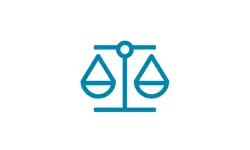
International Court of Justice
The International Court of Justice is the principal judicial organ of the United Nations. Its seat is at the Peace Palace in the Hague (Netherlands). It is the only one of the six principal organs of the United Nations not located in New York (United States of America).

Secretariat
The Secretariat comprises the Secretary-General and tens of thousands of international UN staff members who carry out the day-to-day work of the UN as mandated by the General Assembly and the Organization's other principal organs.
